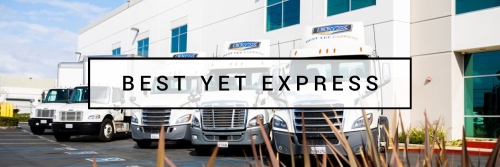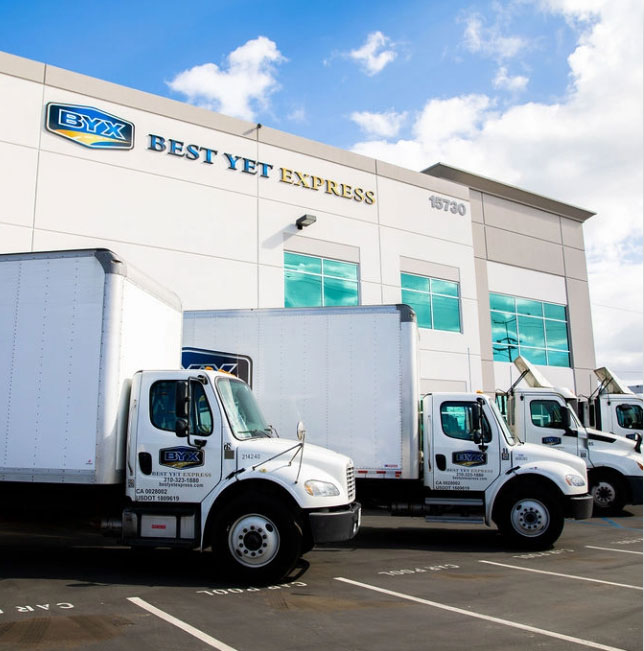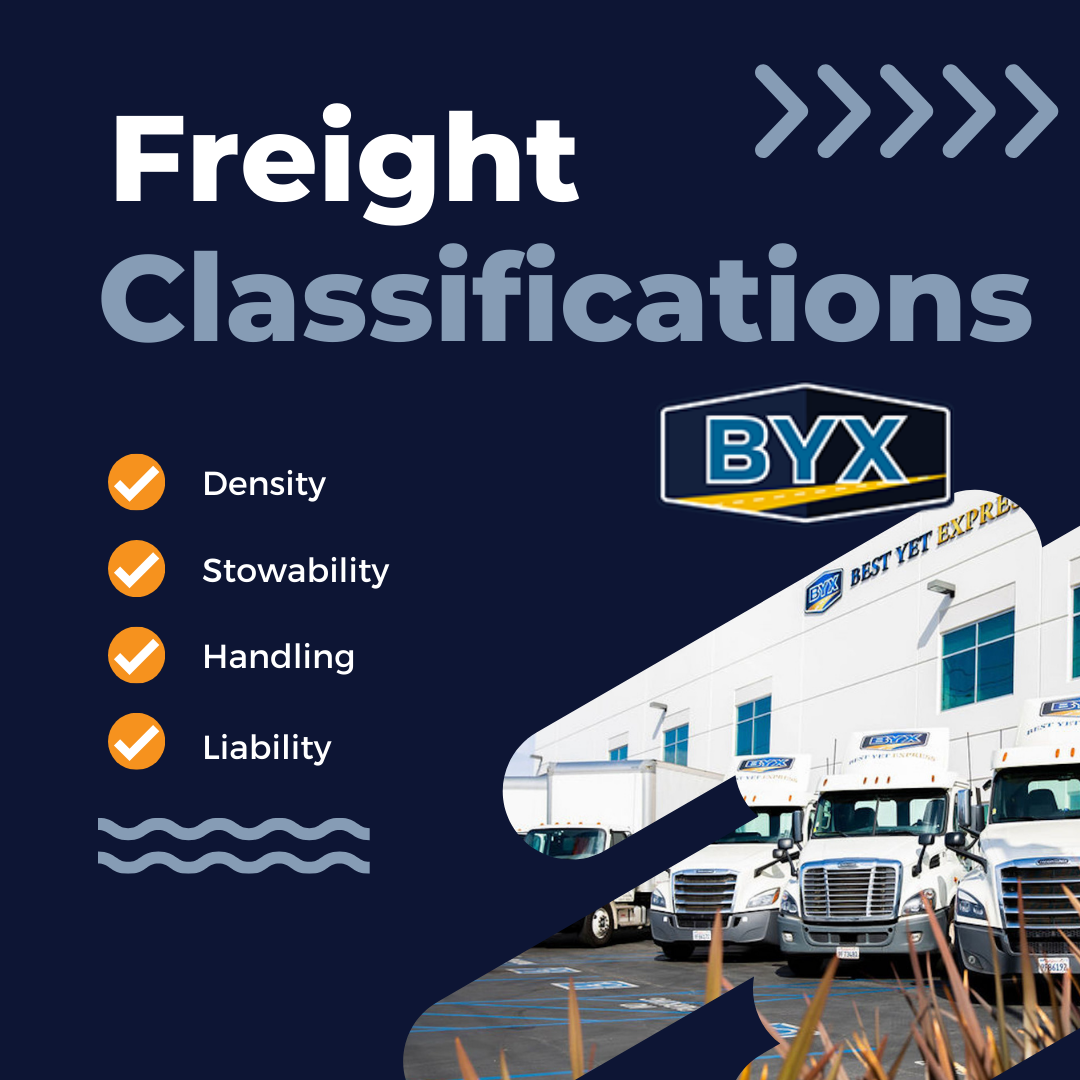
- Worker Classification Laws:
- California has stringent worker classification laws, particularly Assembly Bill 5 (AB5) and its successor, Proposition 22.
- AB5 aims to reclassify many independent contractors, including owner-operators, as employees, thereby granting them employee benefits and protections.
- Shippers hiring owner-operators must ensure compliance with AB5 to avoid legal repercussions, including fines and penalties for misclassification. If a shipper hires an owner operator they should be classified as an employee and benefited accordingly.
- Employment Taxes and Benefits:
- Misclassification of owner-operators as independent contractors can result in shippers being held liable for unpaid employment taxes, such as Social Security, Medicare, and unemployment insurance.
- Shippers may also be required to provide employee benefits, including health insurance, paid sick leave, and workers’ compensation coverage, if owner-operators are deemed employees under California law.
- Litigation Risks:
- Non-compliance with California’s worker classification laws can expose shippers to lawsuits and legal disputes initiated by owner-operators seeking employee status and associated benefits.
- Litigation costs, including legal fees and potential settlements, can significantly impact a shipper’s financial stability and reputation within the industry.
- Regulatory Scrutiny:
- California’s regulatory agencies, such as the Employment Development Department (EDD) and the Division of Labor Standards Enforcement (DLSE), actively monitor and enforce worker classification laws.
- Shippers hiring owner-operators may face audits and investigations by regulatory authorities, leading to potential fines, penalties, and mandatory corrective actions.
- Reputational Damage:
- Non-compliance with employment laws and worker rights can tarnish a shipper’s reputation among customers, stakeholders, and the public.
- Negative publicity stemming from legal disputes or labor violations may erode trust and credibility, impacting business relationships and brand perception.
Impact on Operational Efficiency and Service Quality
While the use of owner-operator truck drivers offers flexibility and scalability, it can also impact operational efficiency and service quality, particularly in California’s complex logistical landscape. Owner-operators, often managing their own schedules and routes, may lack the coordination and reliability of fleet-based carriers. This variability can result in inconsistent service levels, delayed deliveries, and potential disruptions to supply chain operations, ultimately affecting customer satisfaction and brand reputation.
Environmental and Sustainability Considerations
In addition to regulatory and financial ramifications, shippers must consider the environmental and sustainability implications of engaging owner-operator truck drivers in California. With the state’s stringent emission regulations and ambitious climate goals, transportation practices play a pivotal role in mitigating carbon footprints and promoting eco-friendly logistics. The decentralized nature of owner-operators may hinder efforts to implement greener technologies and adopt sustainable transportation practices, thereby limiting progress toward environmental objectives.
What is Assembly Bill 5, exactly?
The AB5 law, officially known as Assembly Bill 5, is a California legislation enacted to redefine the classification of workers as either employees or independent contractors. It aims to address concerns surrounding the misclassification of workers in the gig economy, particularly in sectors like ride-sharing, delivery services, and freelance work. AB5 establishes a stricter test, known as the “ABC test,” to determine if a worker should be considered an employee entitled to benefits such as minimum wage, overtime pay, and unemployment insurance, or if they can maintain their status as an independent contractor. The law has sparked debates about its potential impacts on businesses, workers’ rights, and the broader gig economy model.
What is an owner-operator truck driver?
An owner-operator truck driver is an individual who owns and operates their own commercial truck and contracts their services to transport goods for various companies or clients. Unlike company-employed drivers who operate trucks owned by their employers, owner-operators own their equipment and typically work as independent contractors.
Owner-operators are responsible for various aspects of their business, including purchasing or leasing their truck, maintaining and repairing their equipment, obtaining necessary permits and licenses, managing administrative tasks such as invoicing and record-keeping, and securing contracts or loads for transportation.
Types of companies that commonly hire owner-operator truck drivers include:
- Freight Brokers and Logistics Companies:
- Freight brokers and logistics companies act as intermediaries between shippers and carriers, connecting owner-operators with freight to transport and may seek the services of owner operators as a way to maximize their margins. Shippers are responsible for confirming with the frieght brokerage that they are working directly with a carrier providing employee drivers and not owner operators.
- Shipping and Distribution Companies:
- Shipping and distribution companies that require transportation services for their goods may contract owner-operators to handle specific routes or deliveries.
- These companies may hire owner-operators directly or through transportation service providers.
- Manufacturers and Retailers:
- Manufacturers and retailers with complex supply chains may hire owner-operators for dedicated transportation services, including hauling raw materials to production facilities or delivering finished products to distribution centers and retailers.
- Some manufacturers and retailers may work with transportation companies that utilize owner-operators as part of their fleet.
- Small Businesses and Individuals:
- Small businesses and individual clients who require freight transportation services for smaller loads or specialized shipments may hire owner-operators for their transportation needs.
- Owner-operators may provide personalized service and flexibility to meet the unique requirements of small businesses and individual clients.
- Government Agencies and Contractors:
- Government agencies and contractors may hire owner-operators for various transportation projects, including hauling equipment and materials for construction projects, transporting goods for military operations, or providing emergency relief services during natural disasters.
While hiring owner-operators offers advantages in terms of flexibility, shippers operating in California must navigate the complex legal landscape surrounding worker classification. Understanding the consequences of misclassifying owner-operators as independent contractors and ensuring compliance with state laws are critical steps to mitigate risks and uphold ethical business practices in the shipping industry.
Prioritizing adherence to California’s employment regulations by shippers is essential. Hiring a trucking company like BYX that only employees properly classified company drivers will negate potential consequences and sustainably drive your business forward in the dynamic shipping landscape of the Golden State










